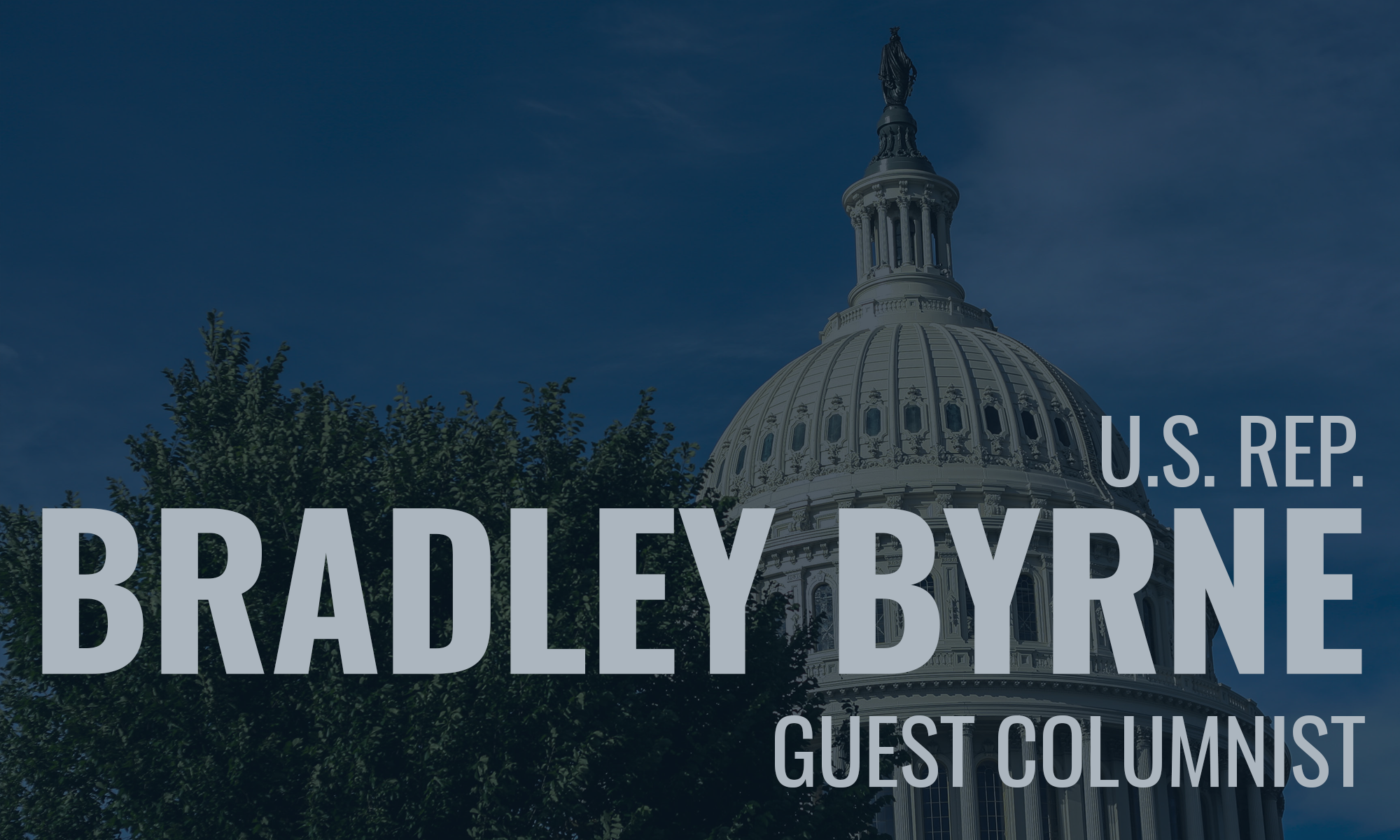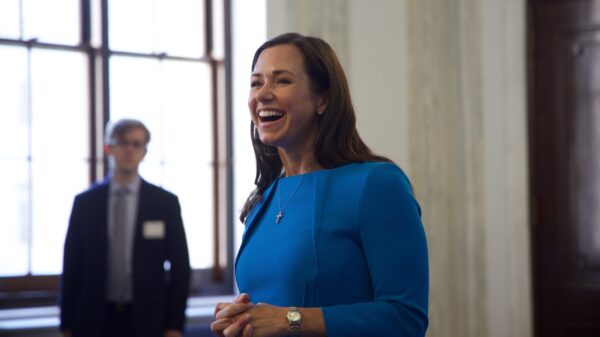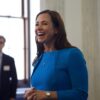When the 115th Congress kicked off last January, I immediately introduced a bill that I believe is fundamental to the future of our country: a Balanced Budget Amendment to the U.S. Constitution.
The premise of a Balanced Budget Amendment is pretty straightforward. The federal government should not be allowed to spend more than we take in, except in extraordinary circumstances like a time of war.
This isn’t some sort of far flung idea. When I served in the Alabama State Legislature, we were required to pass a balanced budget each year. It was not always easy, but it was the law. The vast majority of states have the same requirement.
Balancing a budget is also a common occurrence for families in Alabama and across the United States. Every month, people sit around their kitchen table to figure out how to make ends meet and live within their means. Small businesses must do the same.
The federal government should have to play by the same rules.
To truly enact a Balanced Budget Amendment, we would need to add an amendment to the U.S. Constitution. As a reminder, in order to amend the Constitution, the Balanced Budget Amendment must pass both the House and the Senate by a two-thirds majority and then be ratified by three-fourths of the states, which is 38 out of the 50 states. The only other way to amend the Constitution would be through a constitutional convention called for by two-thirds of the states.
Recently, the House voted on House Joint Resolution 2, proposing a Balanced Budget Amendment to the Constitution. Despite receiving the support of a majority of us in the House, the bill did not receive the two-thirds majority necessary under the Constitution.
I was deeply disappointed that most Democrats in the House opposed the Balanced Budget Amendment. Despite talking a lot about our debt, they rejected one of the best opportunities to actually restore fiscal sanity in Washington.
Throughout the course of the debate, two important topics were raised, and I wanted to briefly address each of them.
First, despite what my colleagues on the other side of the aisle believe, the answer to our debt issues is not to tax the American people more. We do not have a tax problem; we have a spending problem.
To be clear, the recently passed tax cuts are not to blame for our nation’s debt issues. As the Heritage Foundation recently pointed out, “tax revenue is expected to fall by only 0.7 percent of gross domestic product (GDP) this year and spending is expected to climb by 3 percent of GDP.” Again, we have a spending problem, not a taxing problem.
Second, the most serious drivers of the national debt are on autopilot. For example, if you eliminated every penny Congress appropriated for defense spending next year, the federal government would still be projected to operate in a deficit. So-called mandatory spending programs must be reined in, and a balanced budget amendment would finally require Congress to tackle those programs head on.
Now, I know passing a balanced budget would be hard, but I did not run for Congress because I thought the job would be easy. We were elected by our neighbors to make difficult choices and decisions.
So, while our recent effort to pass a Balanced Budget Amendment came up short, I will not let it stop me from continuing to push for a balanced budget that requires the federal government to live within our means, just like the American people.























































